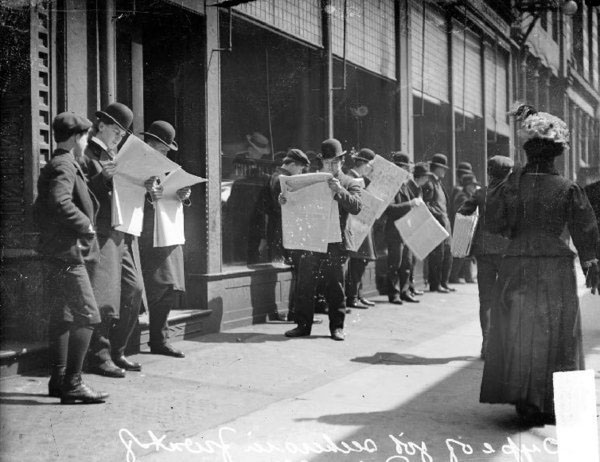Some type of sub-title
A companion site to Homicide in Chicago 1870-1930, this project resuscitates some 50, 000 pages of archival records from a decade of Chicago's history that featured everything from the glories of the World Columbian Exposition to the despair wrought of 100, 000 homeless men on the streets after the demise of the Fair and the Panic of 1893; and horrid working conditions for many of Chicago's men, women and children. Onto this stage Florence Kelley brought a fierce determination to apply the rule of law and the power of the pen, and her role as the first female factory inspector in the United States, to agitate for better living and working conditions. Three pivotal court cases finally culminated, in 1911 (Muller v. Oregon), in a decision upholding factory inspections and the ability of the courts to regulate the number of hours women could be demanded to work.

The project includes hundreds of historical photographs collected primarily from the Chicago History Museum, as well as The Kheel Center at Princeton University.

Making use of Northwestern University's Kirtas scanner and AWARE server technology, we were able to digitize some 50,000 pages of material including Factory Inspection Reports, US Supreme Court decisions, books, newspaper articles, etc. The guiding principle was to make it possible for the viewer to be able to perform searches on ALL text - so, for example, if mention was made of a family relative in one of the sweatshop inspection reports, one could advance to the page in which the mention occurred.




